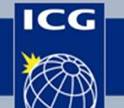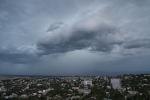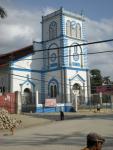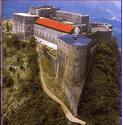Coca Cola, the IDB, and Technoserve Launch "Hope for Haiti" Initiative
 Coca Cola, the Inter American Development Bank (IDB), and Technoserve announced this morning a $7.5 million, five-year initiative, part of which will be focused on creating livelihood opportuntiies for 25,000 Haitian mango farmers. A new flavor of Odwalla Juice called "Hope Haiti Mango Lime-Aid" has been launched. Each time a bottle is purchased, 100% of the proceeds will go to the Haiti Hope Project. More info on the new Odwalla flavor is available here and a photo from the launch with Bill Clinton and the CEO of Coca is available here. The official press release follows below.
Coca Cola, the Inter American Development Bank (IDB), and Technoserve announced this morning a $7.5 million, five-year initiative, part of which will be focused on creating livelihood opportuntiies for 25,000 Haitian mango farmers. A new flavor of Odwalla Juice called "Hope Haiti Mango Lime-Aid" has been launched. Each time a bottle is purchased, 100% of the proceeds will go to the Haiti Hope Project. More info on the new Odwalla flavor is available here and a photo from the launch with Bill Clinton and the CEO of Coca is available here. The official press release follows below.











